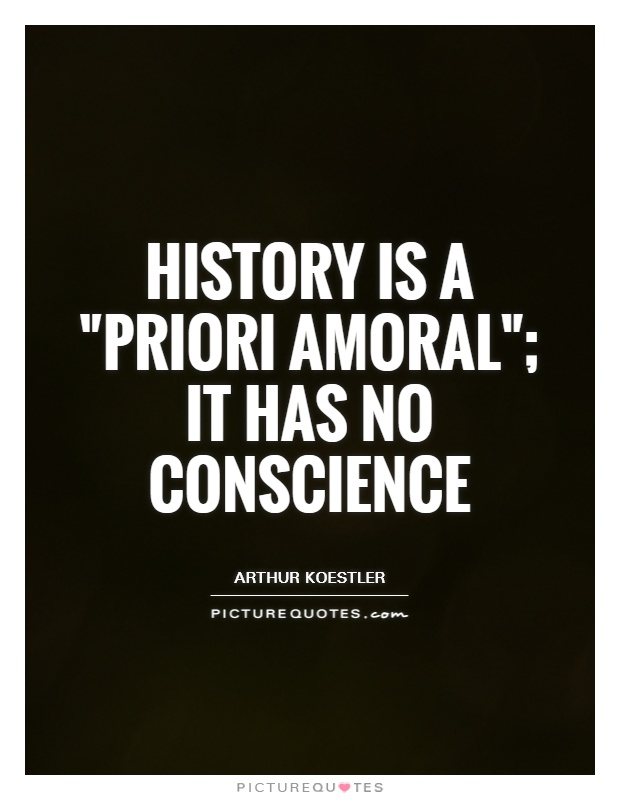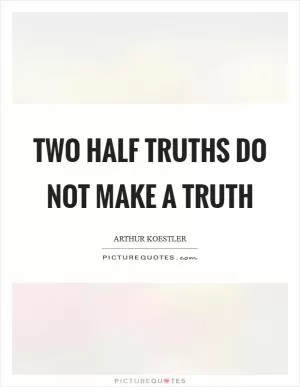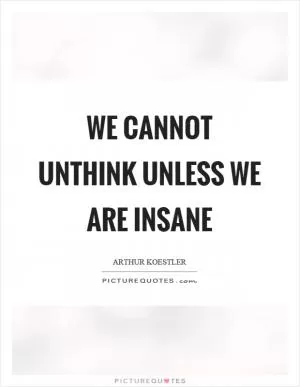History is a "priori amoral"; it has no conscience

History is a "priori amoral"; it has no conscience
The statement that "history is a priori amoral; it has no conscience" raises important questions about the role of conscience in shaping historical events and the moral implications of studying history. Conscience is often understood as an individual's internal sense of right and wrong, guiding their actions and decisions based on moral principles. However, when applied to the study of history, the concept of conscience becomes more complex.History is often seen as a record of past events, a narrative of human actions and their consequences. It is a discipline that seeks to understand the past, analyze patterns and trends, and draw lessons for the present and future. In this sense, history is amoral in that it does not inherently possess a moral compass or judgment. It presents facts and interpretations, leaving it up to individuals to draw their own conclusions and make moral judgments.
At the same time, the study of history is deeply intertwined with questions of morality and ethics. Historians grapple with issues of power, justice, and human rights, seeking to understand the impact of past actions on individuals and societies. They must navigate complex ethical dilemmas, such as how to represent the perspectives of marginalized groups, confront historical injustices, and confront the legacies of colonialism and imperialism.
Conscience plays a crucial role in shaping historical narratives and interpretations. Historians must grapple with their own moral beliefs and values, as well as the ethical implications of their research and writing. They must consider how their work may impact individuals and communities, and strive to present a balanced and nuanced view of the past.
Moreover, individuals who study history are often motivated by a sense of moral responsibility, seeking to learn from the mistakes of the past and work towards a more just and equitable future. Conscience can serve as a guide in this process, prompting individuals to reflect on their own values and beliefs, and consider how they can contribute to positive social change.












 Friendship Quotes
Friendship Quotes Love Quotes
Love Quotes Life Quotes
Life Quotes Funny Quotes
Funny Quotes Motivational Quotes
Motivational Quotes Inspirational Quotes
Inspirational Quotes